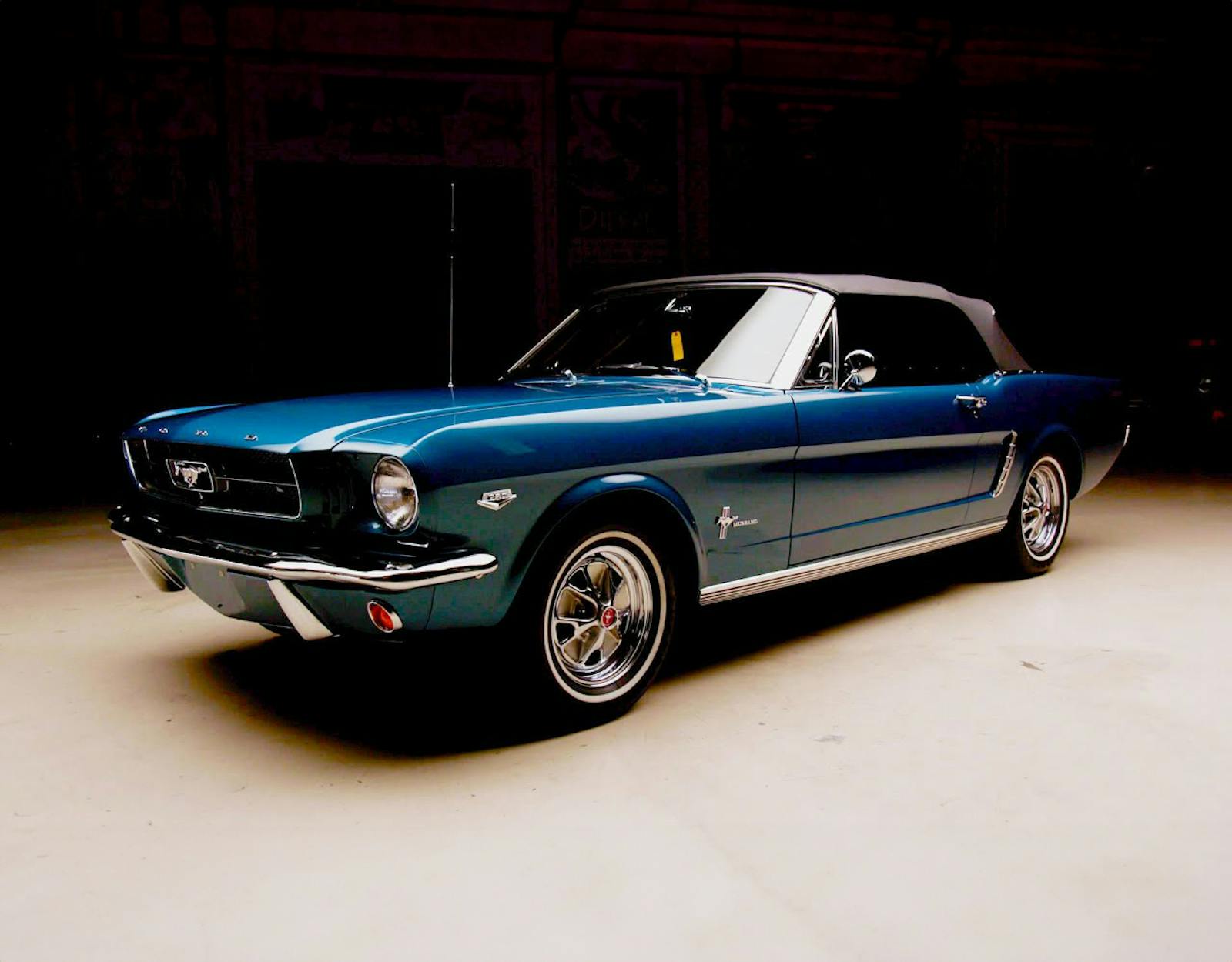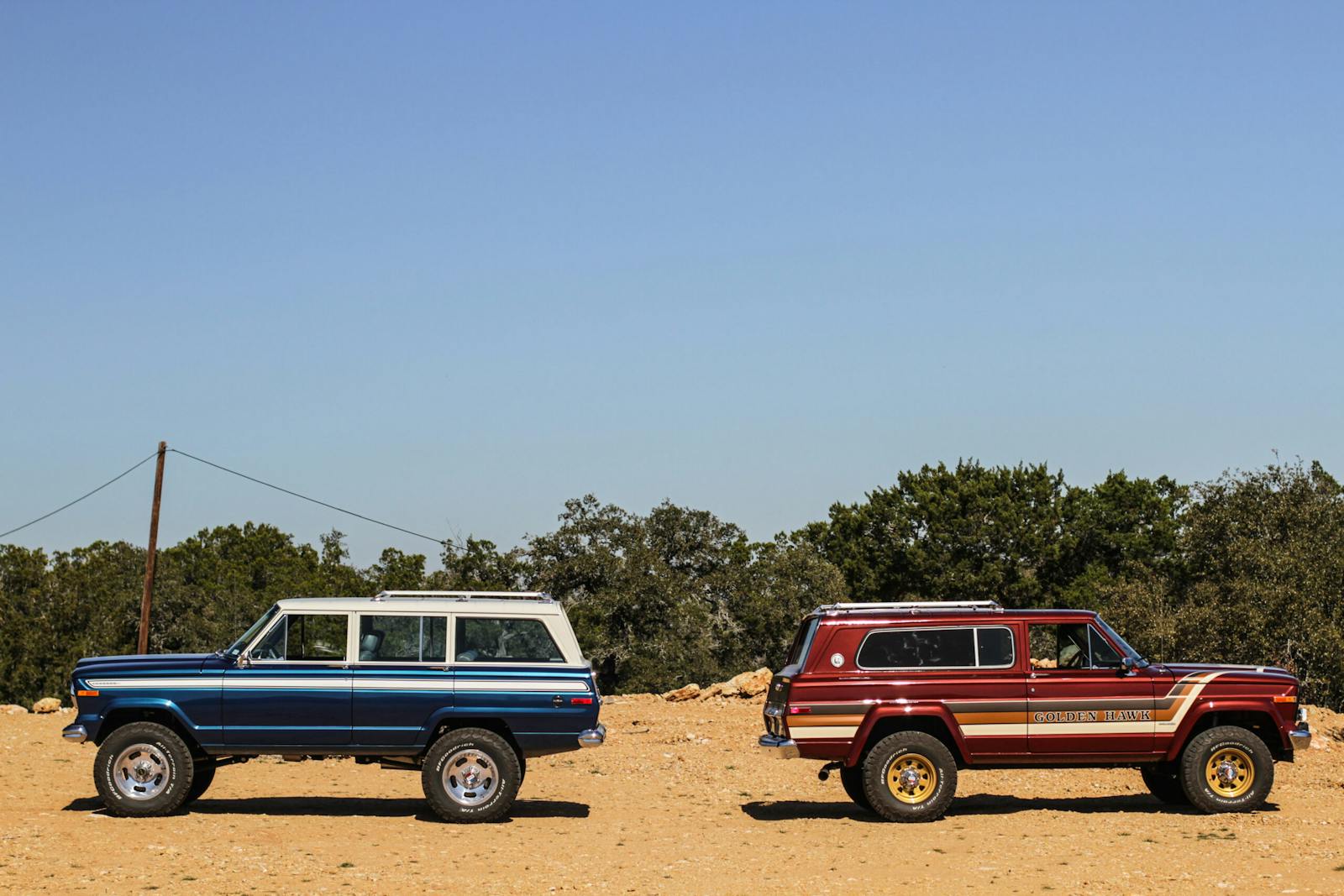Insider Insight: The state of the muscle car market is strong
For many of us, the term “classic car” really means “muscle car.” Those powerful, wildly styled American machines from the 1960s and early ’70s—TriPower GTOs, Hemi Cudas, Boss Mustangs—are the reason many of us got into cars in the first place.
Yet there have, of late, been reasons to worry about the health of muscle cars in the collector car market. They haven’t experienced wild surges in value over the last decade as have other segments, such as German cars; Hagerty’s Muscle Car index presently sits just below where it was in 2008, on the eve of the Great Recession. More recently, the migration of collector car auctions online due to the pandemic seems to have left muscle cars behind—online auctions accounted for just 1.3 percent of muscle car sales last year, versus 9 percent for modern classics.
Beyond the immediate concerns for this segment looms a demographic one: Muscle cars are inextricably linked with the baby boomers, a generation of car collectors that is gradually passing the torch to Gen-Xers and millennials. To get a sense of the health of the this segment, both today and tomorrow, we have to do some heavy lifting to see what the data tell us. In particular, we need to look beyond the auctions and into the vast private market, something we’re able to do using data from the insurance side of Hagerty’s business.
The vital stats are overwhelmingly positive: Far from screeching to a halt, muscle car sales actually sped up in 2020 by 13 percent. That’s not quite as much of a percentage increase as for modern classics, but muscle cars remain a much larger segment, overall.
There’s more good news when we look at who is doing all this buying. Muscle cars rank among the top vehicles considered by Baby Boomers, yes, but also for millennials and Gen—Xers. And where millennials lag, it often has to do with price, not interest. For instance, very few younger collectors call us for insurance quotes on Shelbys, which have an average value well into six figures.
Online auction platforms who have paid relatively little attention to muscle cars should, perhaps, reconsider. Our data says enthusiasts—young and old—are as happy to bid on a Chevelle or Mustang as on an E30 BMW 3-Series. Regardless, the many channels used for buying and selling muscle cars, and their broad appeal, show the segment is more than pulling its weight in the enthusiast vehicle market.
For more detailed data on muscle car sales and values—and more on how we crunch the numbers—read the full story over at Hagerty Insider.


